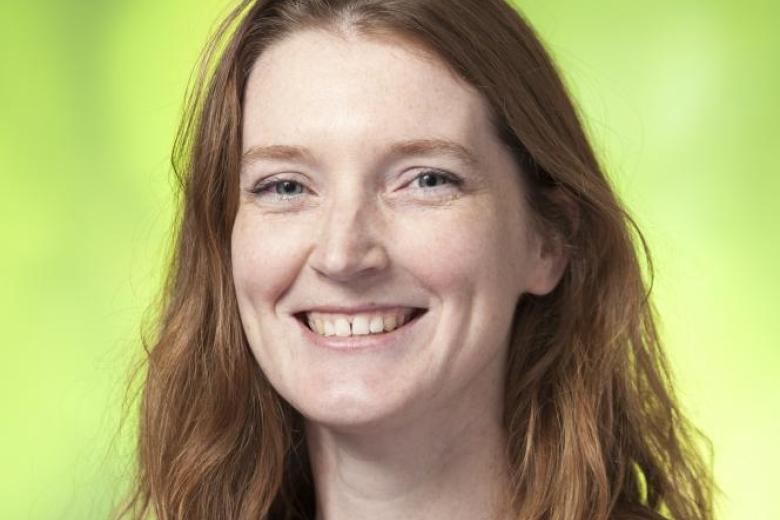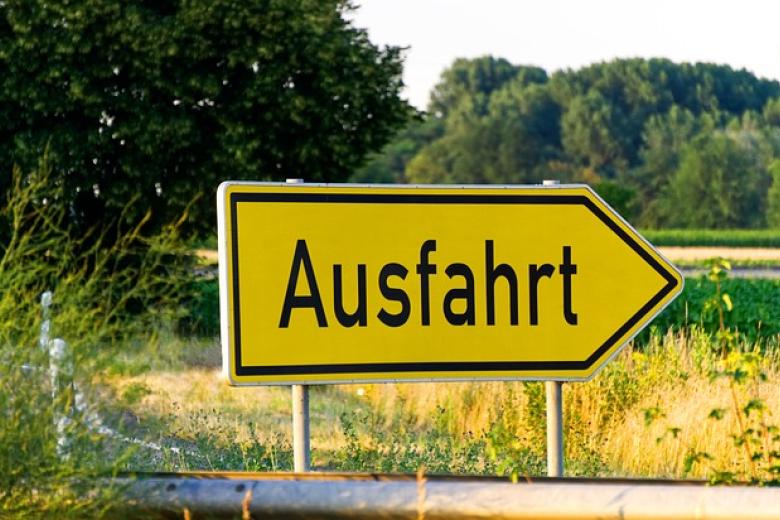From Mayors to Sheriffs: How the Netherlands is Fighting Organised Crime (and Germany is Taking Notes)
The administrative approach to organised crime has redefined local governance in the Netherlands, where mayors wield powerful tools to disrupt illicit networks. As Germany begins to experiment with similar strategies, comparative insights become essential.









